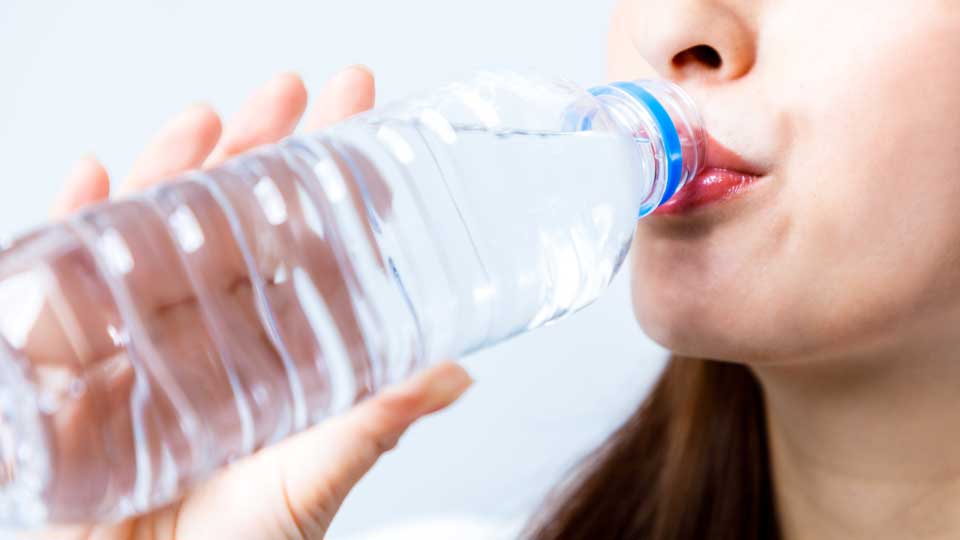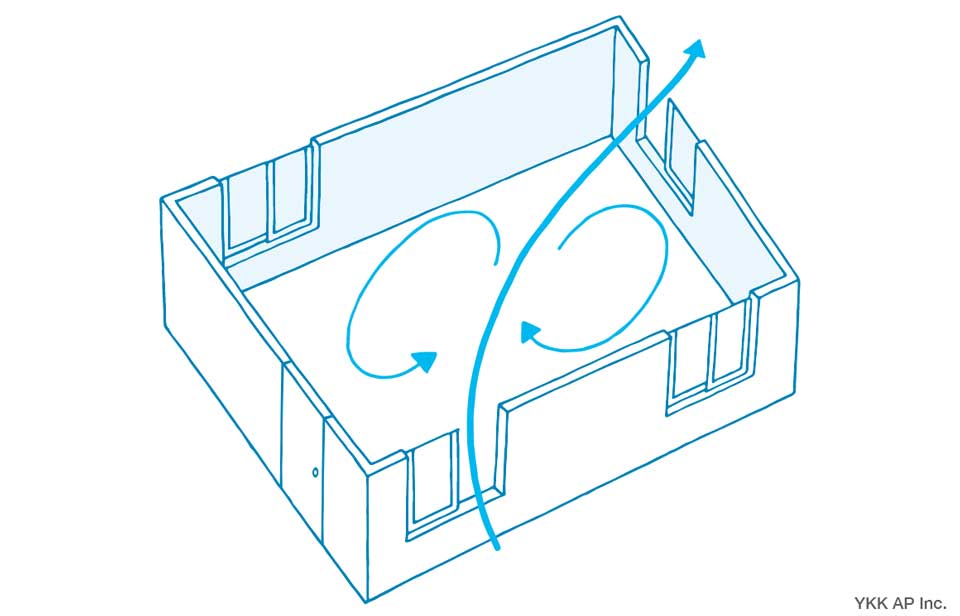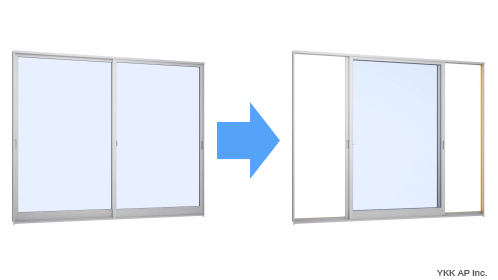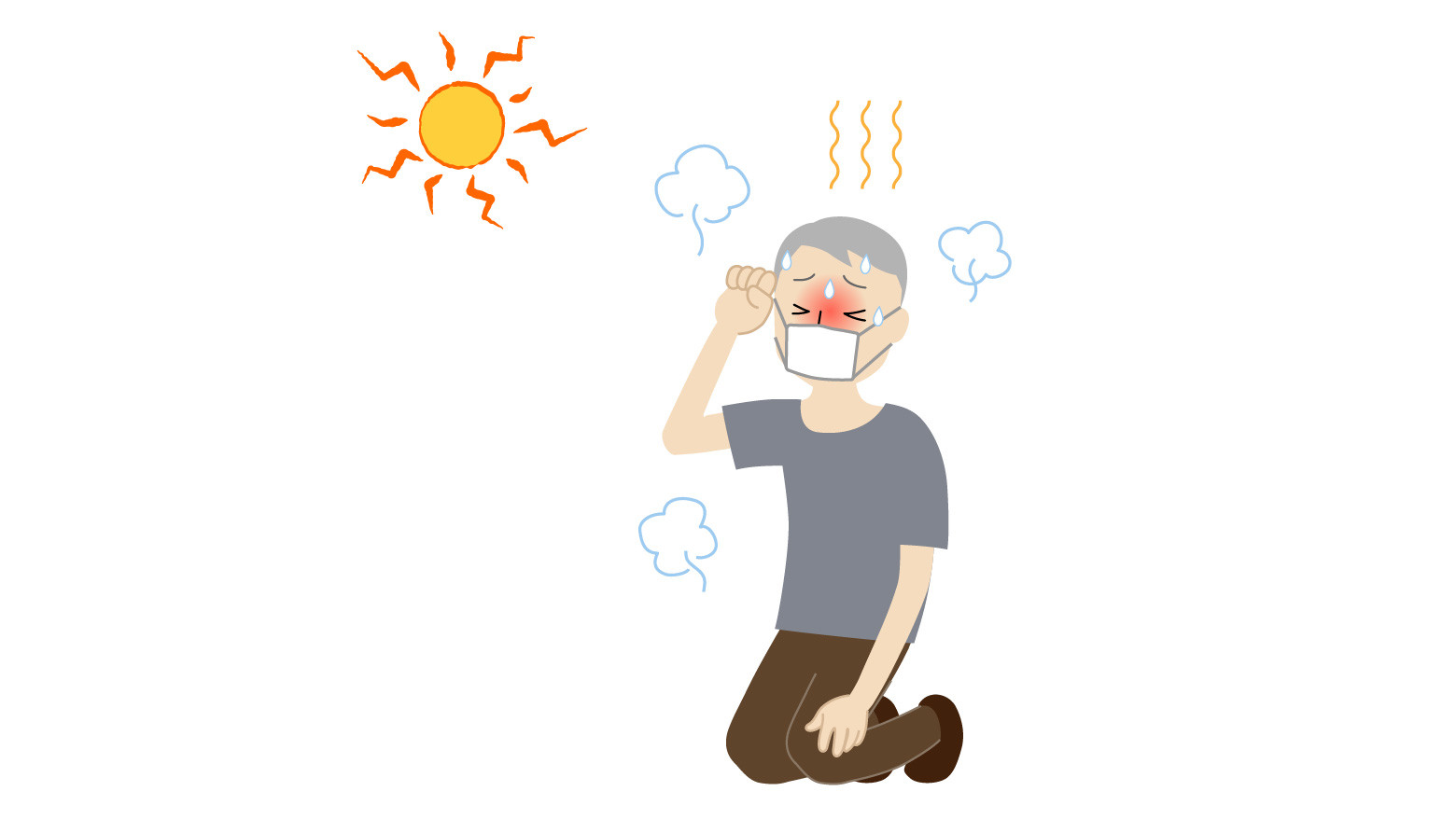Medical experts had a dire warning for the public and the government earlier this month:
"If Japan enters heatstroke season without taking any measures, the country's healthcare system will collapse."
They said that the nation's hospitals—already exceeding capacity due to the coronavirus—would not be able to handle an influx of heatstroke patients.
And they added that the risk of heatstroke will be especially great this year due to the pandemic.
Face masks trap heat inside the body, making it harder for people to realize they are dehydrated. Furthermore, the experts say many people will be in poorer physical condition due to government stay-at-home requests. Lack of exercise means the body will be less equipped to lower its temperature after sweating. And lower muscle mass means it is harder for the body to retain water, raising the risk of dehydration.
At particularly great risk are elderly people who live alone. Not only are they physically more prone to heatstroke, but they are also in less frequent contact with other people due to stay-at-home measures, meaning they may not have heard about the increased dangers.
How to prevent heatstroke
1) Eat three meals a day.
2) Always drink water when you feel thirsty. Avoid large quantities of caffeine.
3) Prepare "oral rehydration solution" for every member of your family, 2 bottles each for 3 days.
4) Make sure your air conditioner is working. Don't stay in the same place if you feel hot.
5) Keep rooms highly ventilated and dehumidified. For more information, check the Environment Ministry's "Heat illness prevention information" page, updated daily in multiple languages:
https://www.wbgt.env.go.jp/en/ (English)
https://www.wbgt.env.go.jp/zh-cn/ (Simplified Chinese)
https://www.wbgt.env.go.jp/zh-tw/ (Traditional Chinese)
https://www.wbgt.env.go.jp/ko/ (Korean)
6) Sleep well. Fatigue increases the risk of heatstroke.
7) Limit your exercise to mild indoor workouts. If you go for walks outside, avoid crowded areas.

On oral rehydration solution: You should drink some even if you don't feel thirsty. It helps the body maintain adequate levels of salt. It is sold in drug stores. This website explains how to make your own:
https://www.kakuredassui.jp/stop/knowledge/care/care06
How to keep rooms ventilated
Window and door manufacturer YKK AP Inc. has posted a list of recommendations on its website on how to properly ventilate rooms.
The company suggests opening two windows, diagonally opposite each other.

If a room has only one window, the company suggests opening windows in neighboring rooms and using fans.
Move sliding windows to the middle, so there are openings on either side.

Air conditioning
Air conditioners can help reduce the heat. But according to leading maker Daikin Industries Ltd., most units do not help with ventilation as they only circulate air already in the room. The company recommends opening windows sometimes even when using air conditioners.
This may sound like a waste of energy, but Daikin offers a couple of pointers on how to ventilate and conserve power.
1) Turning on an air conditioner takes a lot of power. So don't turn it off. Keep it on and open windows.
2) An air conditioner's power consumption increases considerably when room temperature rises, which is what happens when you open windows. To avoid this, only open windows after setting the air conditioner on high.
Industry watchers say air conditioner sales have been down so far this year due to the stay-at-home measures. They warn that if there's a surge in buying as temperatures rise in the weeks ahead, air conditioner workers will be unable to handle all installation and maintenance requests. Experts urge people to have their units installed and checked ahead of time, in order to ensure they can be used during the summer.

